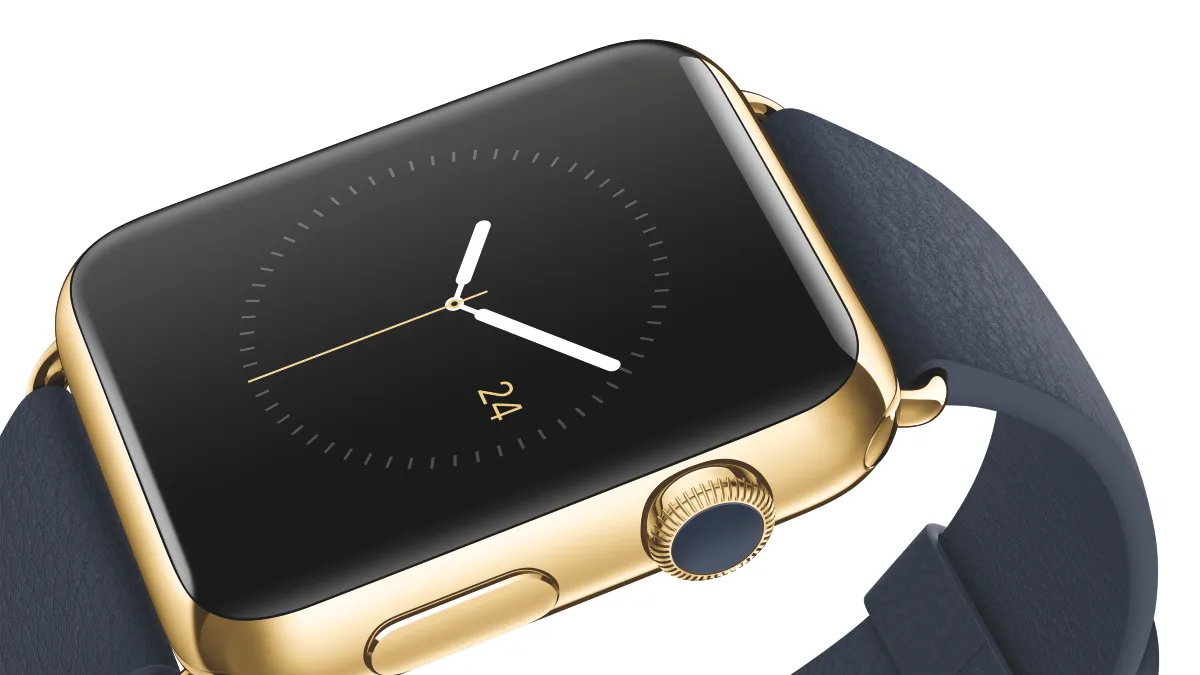Dive Brief:
- In yet another potential use case for Apple Watch, Apple is partnering with Zimmer Biomet to study the device in supporting patients before and after knee and hip replacement surgery.
- A clinical trial, launched Monday, will evaluate the impact of mymobility — an app that uses Apple Watch to connect patients with their surgical care teams — on patient outcomes.
- More than 1 million Americans undergo knee and hip replacements every year, and that number is expected to reach 3.5 million by 2035.
Dive Insight:
Knee and hip replacements are big business for hospitals and payers, and services that can improve recovery and help to lower costs stand to profit nicely.
Earlier this year, Blue Cross Blue Shield of Michigan announced a bundled payment program for knee and joint replacements that uses a mix of inpatient and outpatient settings to trim 10% of the cost of an episode of care. According to the insurer, those episodes can range anywhere from $28,000 to $55,000.
The mymobility app will allow surgeons and other clinicians to monitor health and activity in the period before and after surgery and send education and therapy reminders directly to the patient's Apple Watch.
"We are incredibly excited to work with Apple to transform the knee and hip replacement experience for patients and surgeons," Bryan Hanson, president and CEO of Zimmer Biomet, said in a statement.
He called the effort "one of the largest evidence-gathering clinical studies in orthopaedic history."
Currently, 15 academic medical centers, hospitals, group practices and ambulatory centers are participating in the trial, including Rush University Medical Center in Chicago and the University of Pennsylvania Health System. The companies aim to enroll up to 10,000 patient in the multi-year trial.
Apple has been steadily adding health features to its eponymous watch. Last year, FDA cleared AliveCor's KardiaBand app for use with Apple Watch. The first medical device accessory for Apple Watch to get FDA's green light, it captures 30-second electrocardiograms to detect normal heart rhythms and atrial fibrillation. Apple's latest Apple Watch, unveiled last month, includes an FDA-cleared and embedded ECG, as well as a feature that monitors users for hard falls and alerts emergency services within 60 seconds.
Apple is not the only company looking to improve surgical recoveries with digital apps. A 2017 study in the Annals of Behavioral Medicine found patients who track their steps on a Fitbit during hospitalization following surgery for metastatic peritoneal cancer have lower 30- and 60-day readmissions.










